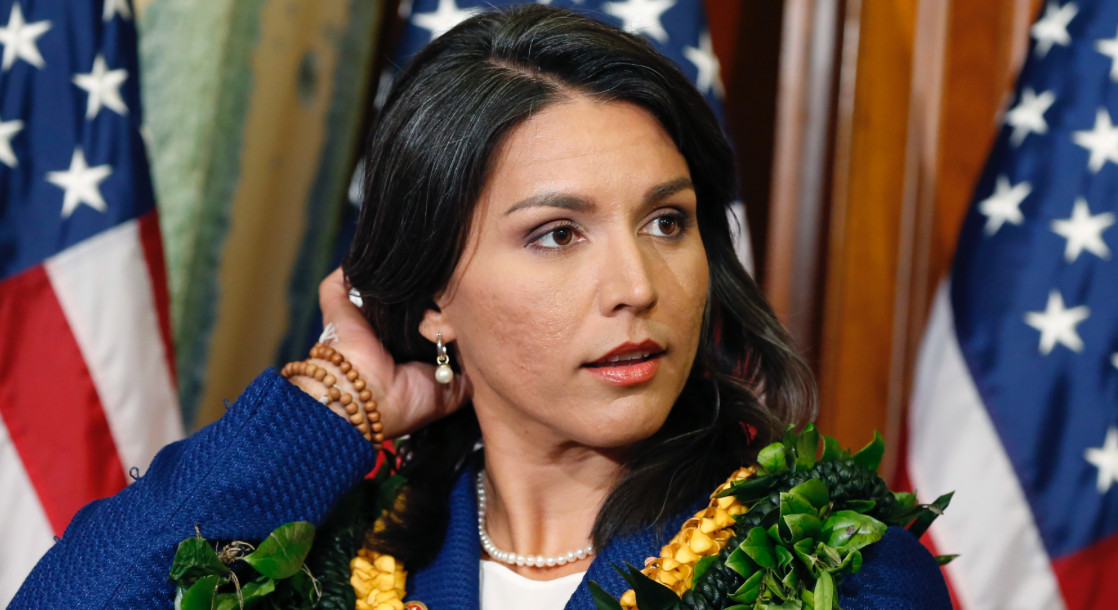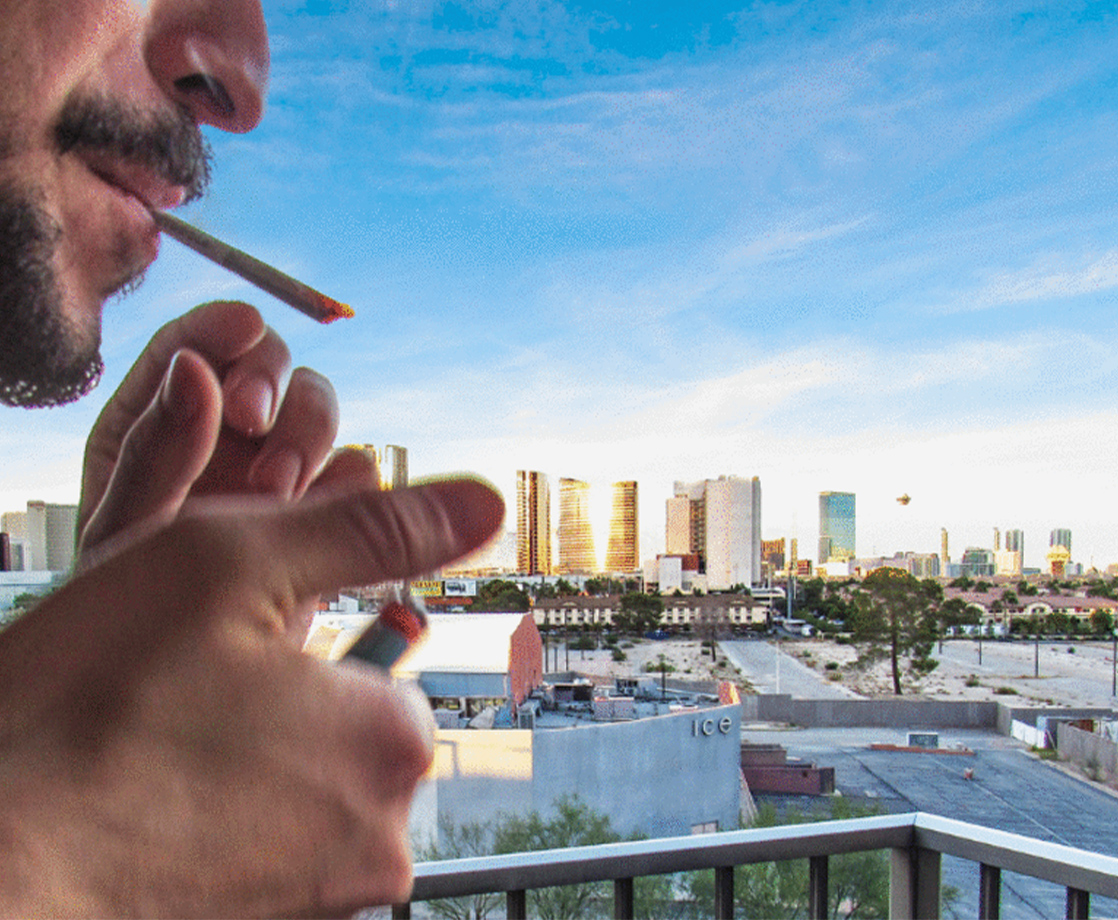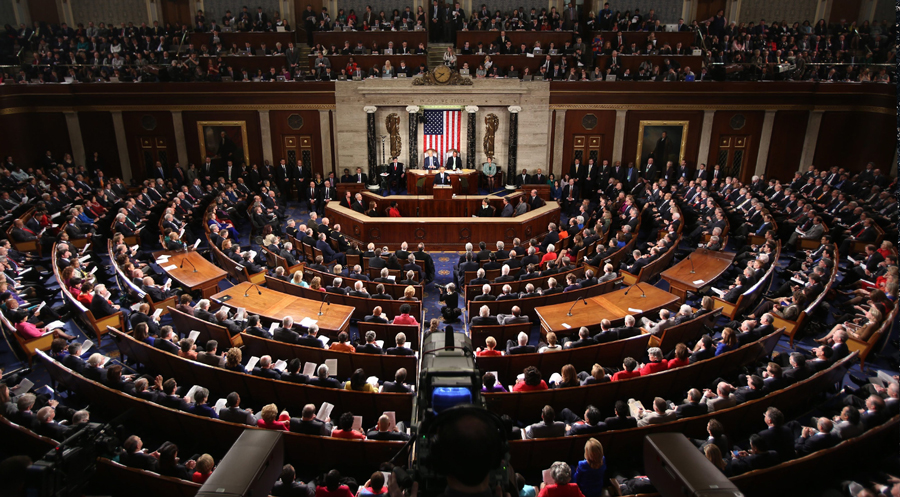Pressure is starting to mount on Capitol Hill for Congressional forces to get serious, once and for all, about bringing an end to marijuana prohibition across the United States.
Earlier this week, Representative Tulsi Gabbard of Hawaii delivered a speech on the floor of the U.S. House of Representatives demanding lawmakers to approve the “Ending Federal Marijuana Prohibition Act of 2017.”
The measure, which was introduced by Gabbard and Rep. Tom Garrett of Virginia, would eliminate the cannabis plant from the confines of the Controlled Substances Act, allowing it to be taxed and regulated in a manner similar to alcohol and tobacco.
“Our outdated policies on marijuana are having devastating ripple effects on individuals and communities across the country. They have turned everyday Americans into criminals, torn apart families, and wasted huge amounts of taxpayer dollars to arrest, prosecute, and incarcerate people for non-violent marijuana charges,” Gabbard said.
“Differences in state and federal law have also created confusion and uncertainty for our local businesses, who face contradictory regulations that affect their bottom line and ability to operate,” she added. “I urge our colleagues to support our bipartisan legislation which would decriminalize marijuana, bringing about long overdue and common sense reform."
Incidentally, the bill is identical to the one submitted to the Senate back in 2015 by Senator Bernie Sanders. It would establish a nationwide policy accepting marijuana into American commerce, giving states to "determine appropriate medicinal use" and "industrial hemp growth" changes "that will provide a major economic boost to agricultural development," Garrett said.
Last year, Roll Call reported that Congress was on the verge of, at the very least, eliminating the criminal penalties associated with the possession of marijuana. The article, penned by Stephanie Akin, suggested this could happen “as early as the next Congress, to some time within the next 10 years.”
Even Representative Earl Blumenauer of Oregon, one of the four members of the newly formed Congressional Caucus, told the news source that 2017 “is the year that the issue crests.”
However, that was before Donald Trump swooped in last November to become the 45th President of the United States.
Now, even if the Republican-dominated Congress would somehow miraculously side with the issue (which is highly unlikely), there is very little chance a bill calling for full legalization would ever make it out of the Oval Office alive. President Trump has stated that he supports medical marijuana “100 percent,” but he seems to attribute the recreational sector with organized crime and drug trafficking. It is for this reason that the entire cannabis community has been on high alert over the past few months for fear that U.S. Attorney General Jeff Sessions might impose a federal crackdown on states that legally allow the herb to be sold for recreational purposes.
So far, the Trump Administration has not given any solid indication on what it plans to do with respect to legal weed.
What is known for sure is the American people want marijuana made legal. Some of the latest national polls show that 60 percent of the population now believes cannabis should be handled no differently than alcohol or tobacco.
“These reforms that we are calling for in this bipartisan bill are common sense and they are long overdue — long overdue changes that will help to reduce the strain on our criminal justice system, create certainty and reduce contradictions and confusion between state and federal law, and update those federal laws to actually meet the needs and progress that states are making across the country,” Gabbard told members of the House.
The proposal has not been scheduled for a hearing.











